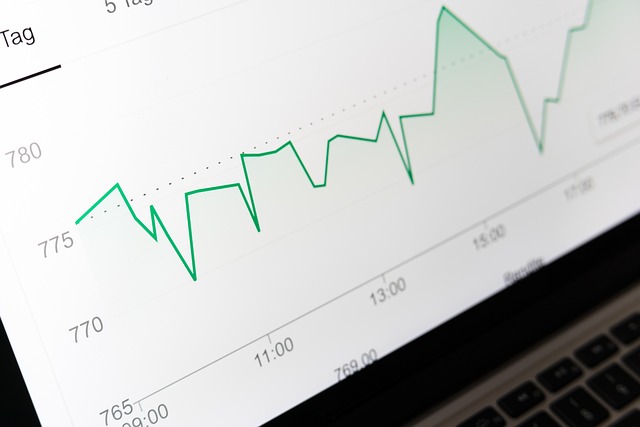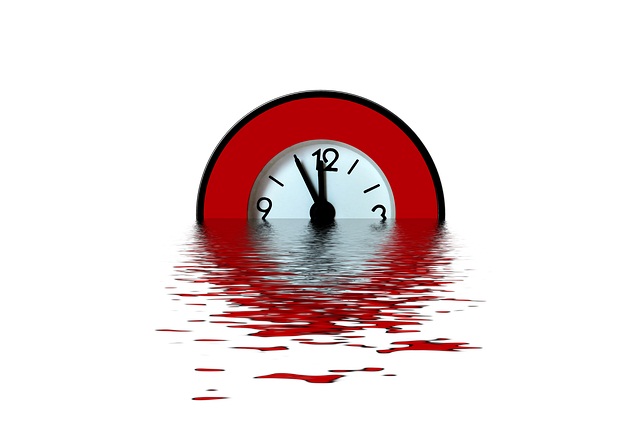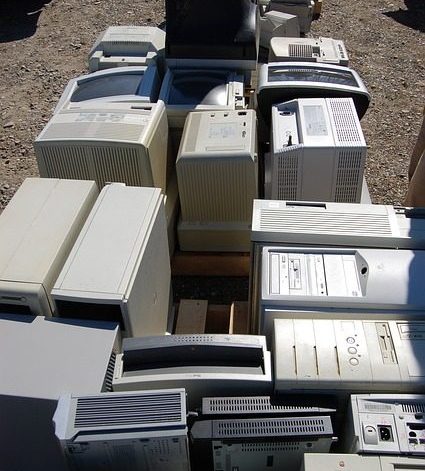Environment VS Economic Development – What it means?
- Economic development entails the steps taken to improve the living standards and over all well being of the people. It includes, better infrastructure, creating job opportunities for the public, implementing and maintaining safety, hygiene and sanitation standards. Basically all the policies and actions that lead to a better quality of life.
Traditional economic development leads to air, land and water pollution along with resource exploitation.
Environmental development refers to all of the factors mentioned above – economic development but with considering their impact on environment and avoiding any action, policy that exploits the natural resources present in the environment or misuses it to the point that it leads to environmental degradation. This type of economic development is also generally known as Sustainable Development. It seeks to protect the interests of humans while also seeking to protect the environment long term.
Check out: 10 Latest Innovative Environmental Friendly Technologies
Understanding the link between Environment and Economics:
The common definition of sustainable development is the access and ability to use natural resources (which are the natural capital) without compromising the access and the ability of future generations to use them as well. We basically use natural capital to produce goods for ourselves.
Our planet- the biosphere which contains all living and non-living things (biotic and abiotic) is part of the economic system. The emissions released due to the industrial activity and other anthropogenic (man-made) sources accumulate in our atmosphere. Now, if there were trees and forests that were not cut down by clearing land for agriculture purposes or urbanization then, this carbon could be sequestered. However, deforestation for these purposes lead to no carbon sequestration and a release of carbon into the atmosphere. Thus, the impact of human activities remains in the biosphere. There is a limit on all life forms including humans on how much our economies can grow (how much we benefit) until the natural environment starts deteriorating.
Read: What is Carbon Sequestration? – Techniques and Importance
Additionally, the economic growth that results in pollution will lead to poorer environmental quality that will undoubtedly have an effect on the resources we want to use. Since almost all sectors require natural capital in order to produce goods and services the degraded environment will produce degraded resources which will effect the economic growth. Thus, we can understand from this that these two are not exclusive of each other nor independent. Preserving the environment will lead to securing the economic growth and vice versa.
If environment is disregarded in favor of economic growth then it results in short term (say a few decades) prosperity and rapid development in the economic sector but as we can glean from our present condition, the lack of considering environmental factors will catch up soon due to focusing only on monetary gain. Sustainable development allows us to progress while keeping both our economies and the environment intact.
This is why in 2015 the UN presented the 17 SDGs (Sustainable Development Goals) for 2030 which seek peace and prosperity for all developing and developed countries.
Also read: All You Need To Know About Carbon Footprint
Why is there such contention between Environmental and Economic Development?
For the most part, nations are split between choosing environmental and economic development. However, most fail or choose not to recognize that these two do not have to be mutually exclusive.
The main objective of economic development mainly focuses on capitalizing on profits and earning enough to improve the GDP of the nation. While sustainable development calls for making such economic choices that benefit social and commercial sectors without compromising on the quality of the environment.
We keep taking out of the environment but do not give back any benefit to the environment. The fact is that economic development is based on profiting at the expense of the environment. This does not have to be true going forward. They do not have to be a trade off at all. Economic growth and development of an economy can lead to sustainable development even though both are not directly linked.
Past understanding of economic growth meant progress in social development and technology sectors. This caused a significant release of carbon emissions and other pollutants that degraded the environment. The focus used to be on maximizing monetary gain for minimum cost- even if that came in the form of utilizing scarce or meagre resources. Fortunately, in the past decade this concept has been expanded on by the understanding that the planet is also a part of the economy and that human activities invariably have an effect on it.
Once environment was considered to be an external factor in the economic system, it has been proven that environment is in fact a part of the economy and has always been. Humans have failed to regard it with the same respect and preservation.
It was widely believed that economic growth and environmental conservation cannot go hand in hand. But this is only a misconception and that is in part due to the reluctance to switch to eco-friendly policies and laws that will naturally limit profits and require additional cost for utilizing pollution mitigatory technologies in industries.
You might also like:
Role Of Technology In Environment Protection And Restoration
10 Eco-Friendly Inventions That Can Help Protect Environment
CONCLUSION:
To conclude, it is really important at this point, more than ever, to consider the impacts our activities are having on the environment and strive to achieve sustainable development for the collective well being of our planet.
Check out: Sustainable Forest Management- Methods and Advantages
We hope you liked this post! Please comment below if you have any suggestions, comments or feedbacks! We at #envpk love hearing from readers! Thanks




